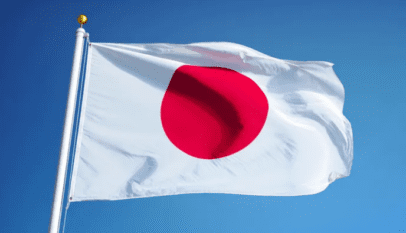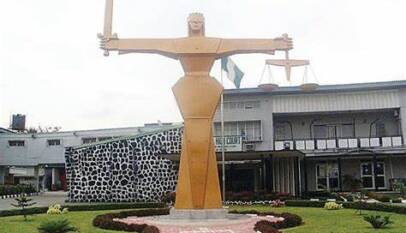By Deborah Nnamdi
The Japan International Cooperation Agency (JICA) has officially withdrawn its “JICA Africa Hometown” initiative following widespread confusion and pushback from local governments in Japan.
In a statement issued Thursday, JICA said the program—first unveiled in August during the 9th Tokyo International Conference on African Development (TICAD 9)—was intended to designate four Japanese municipalities as “hometowns” for four African countries to encourage cultural and economic exchanges.
However, the agency acknowledged that the use of the term “hometown” and its plan to assign roles to local governments sparked misunderstandings at home and placed unnecessary burdens on the four selected municipalities.
“JICA believes that the very nature of this initiative—namely, the term ‘hometown’ and the fact that JICA would designate Japanese local governments as such—led to misunderstandings and confusion, placing an excessive burden on the municipalities,” the agency said, while apologizing to the affected cities.
The agency also clarified that the initiative had been wrongly interpreted in some quarters as an immigration pathway. It stressed that it has never promoted immigration under its programs and has no plans to do so.
Instead, JICA reaffirmed its commitment to fostering cooperation between Japanese local governments and African nations through other frameworks, focusing on education, business, and cultural exchanges.
The “Africa Hometown” project had initially linked Kisarazu City with Nigeria, while three other Japanese municipalities were paired with Tanzania, Ghana, and Mozambique. Nigeria’s State House had even announced a special visa arrangement for skilled Nigerians in Kisarazu, though the city later clarified that no immigration scheme was attached to the program.
While the initiative has been scrapped, JICA emphasized that building people-to-people and institutional ties between Japan and Africa remains a priority.



































